Recession Indicators
From ironic memes to economic doomerism, recession indicators have become a cultural language of their own.
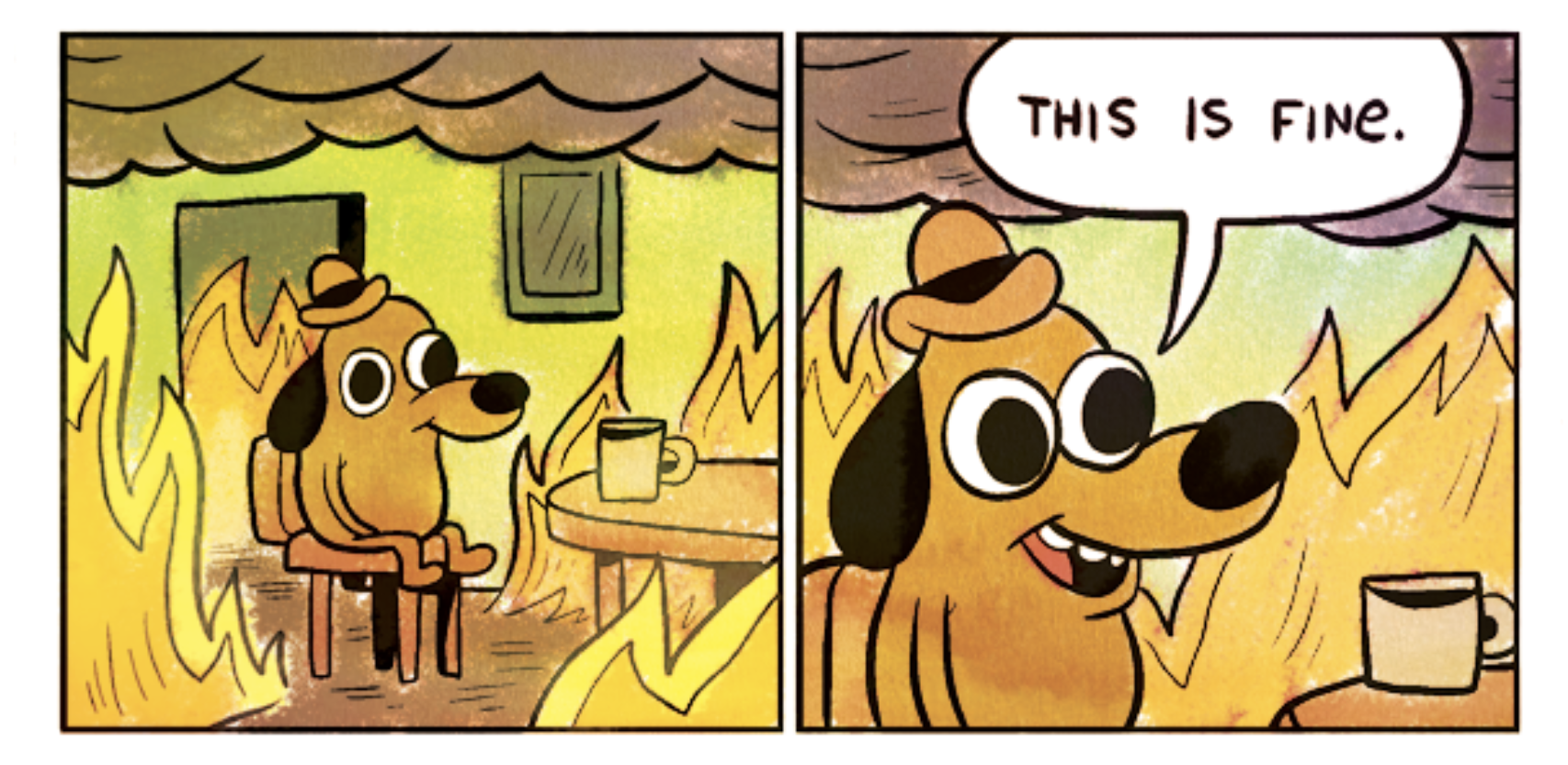
Have you ever gone shopping and thought, “Mmm, that skirt screams recession”? Me neither – but apparently, it does.
One of the first people to bring this up in SEED CLUB was Antònia Folguera, who shared that her grandma – who used to be a seamstress – would always say, “In times of recession, skirts get longer.”
This idea actually has a name: the Hemline Index. It’s been around since the Great Depression and suggests that skirt lengths reflect the economy – shorter in boom times, longer in downturns. Its accuracy is up for debate, but it’s undeniably a fascinating lens on fashion and finance.
Fast-forward to 2025: office fashion is back. It’s all about versatility – finding a dress that works for both the office as well as a night out with friends. Search “Office Siren” on TikTok or Instagram and you’ll see it everywhere. The look has even hit the runway. As Vogue Business puts it:
“Stella McCartney said the theme of her Autumn/Winter 2025 collection was ‘from laptop to lap dance’. McCartney was making a point about women existing both in the workplace and outside of it. Yet the look on the runway – an ’80s Working Girl meets 2020s oversized blazer-wearing millennial – revived the same ‘business casual to the club’ style from 15 years ago.”
Neutral tones are dominating. And recession core is all about investing in basics – timeless, mix-and-match pieces in neutral colours that outlive seasonal fads and last longer in your wardrobe (and your wallet). Another SEED CLUBBER, Mike Evans, brought up the subreddit r/throwingfits where “Tariff Tailoring” appears among some other timely terms:
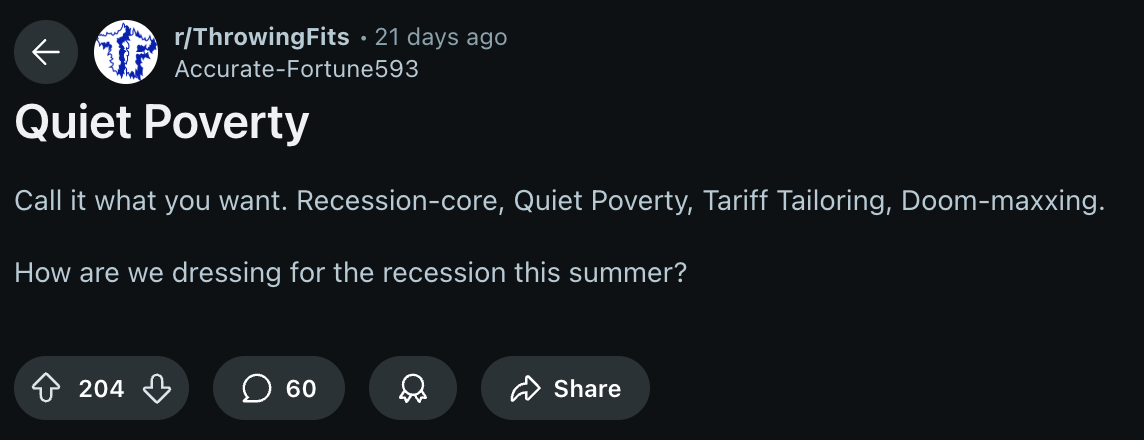
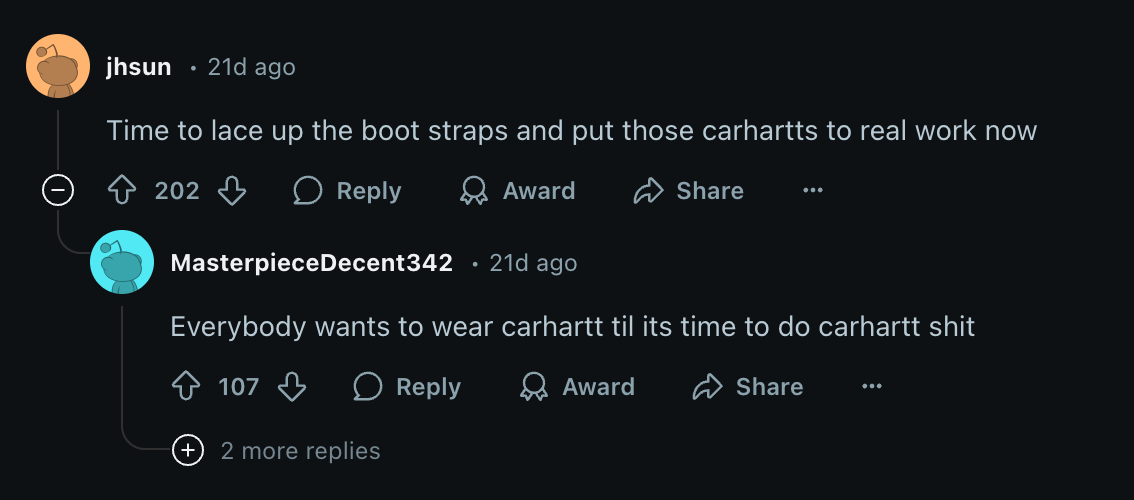
It’s not only in the world of fashion that we are seeing this. According to The Wall Street Journal, searches for “press on nails” are up 10% since February, while blondes are growing out their roots and calling it an indicator of the US economy. The “lipstick effect” – the idea that consumers prioritise little treats when money is tight – appears to be in full swing, with makeup sales up in Q1 for major brands like L’Oréal.
The signs are everywhere, if you’re paying attention. The conversation continued, in SEED CLUB with Luigi Abate noting that baby-naming trends can reflect economic downturns. Parenting Patch, a platform covering family-based news, highlighted the following:
“The need for a cultural shift towards the individual, rather than the community, led to a rise in unique baby names during and immediately after the Great Recession.”
So, what does this tell us? For starters, most of us tend to think about recessions in simple terms – how much we’re spending and where we can cut back. Maybe we consider switching grocery stores or skipping takeout. But we often overlook the deeper shifts recessions spark – changes in behaviour, identity, aesthetics, even how you name your baby.
Here are some other SEED CLUB perspectives about why we’re suddenly seeing “recession indicators” everywhere:
Al Hassan Elwan aka POSTPOSTPOST
Brand strategist, designer, cultural commentator, founder of POSTPOSTPOST
Recession indicator memes (I use “meme” in its broadest sense – not just the viral visual template) are somewhat in the same vein as absurdist-existentialist memes like “This is fine” and “Don’t worry kitten/okay yay <3”. Despite the humour, they reflect a radical normalisation of crises – a familiar public sentiment, especially online.
But vibes-wise, recession indicator discourse signals a shift I’ve been sensing since late 2024: an evolution from dooming to post-dooming. There’s a new-beginning rhetoric emerging – not from hope, but from boredom with dooming. It just doesn’t hit the same anymore, and there’s a craving for a new narrative.
Many, if not most, recession indicator memes are maxxing out on irony, some even embracing the recession – occasionally to the point of hoping for it. One meme portrayed it as the biblical second coming, referencing the 2007 recession, which might explain the strange nostalgia for that era – think Katy Perry, Lady Gaga, etc – as economic indicators.
Recessions also inherently have this air of mystery about them, and online memes are often always led by the most obsessive “pattern noticers”. Alexis Glick, former Morgan Stanley executive, said: “You often don’t know you’re in a recession until after the fact.” But the discourse isn’t about “finding out” – it’s about commentary and speculation. That awareness is key. It can help brand strategists tap into the core of the sentiment and distinguish cope from hope. Nuanced understanding of memeing has always been what sets apart the acceptable brand bandwagon-jumping from the cringy – especially when it’s closely associated with politics.
Brands can no longer chime in with the classic “authentic bestie” tone to be relatable – especially when people’s material conditions are the butt of the joke. The only way I see it working is if a brand posts their own crashing stocks with a “recession indicator” caption. They have to go there. Brands risking being laughed at feels unthinkable today, but it’s not unheard of.
Here are some relevant images/screenshots:
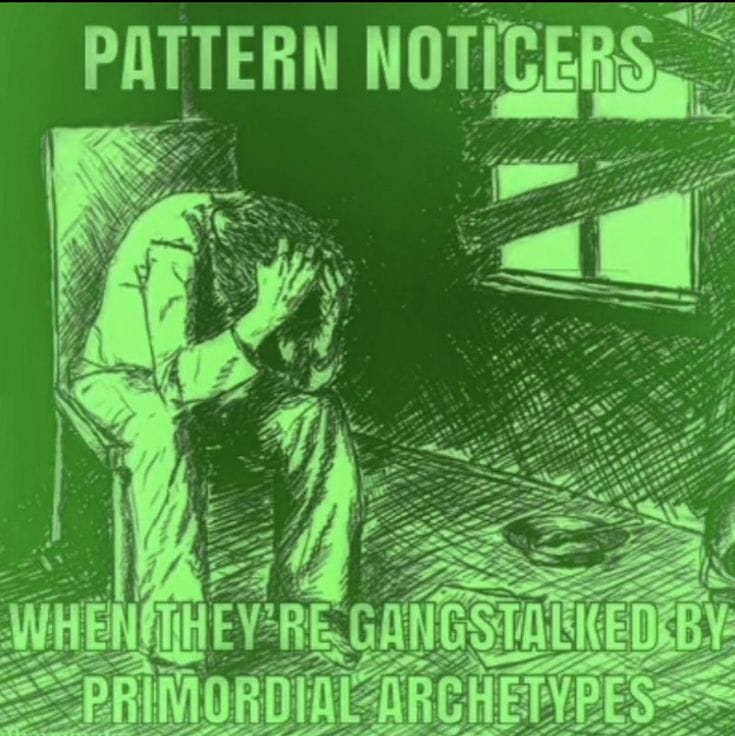
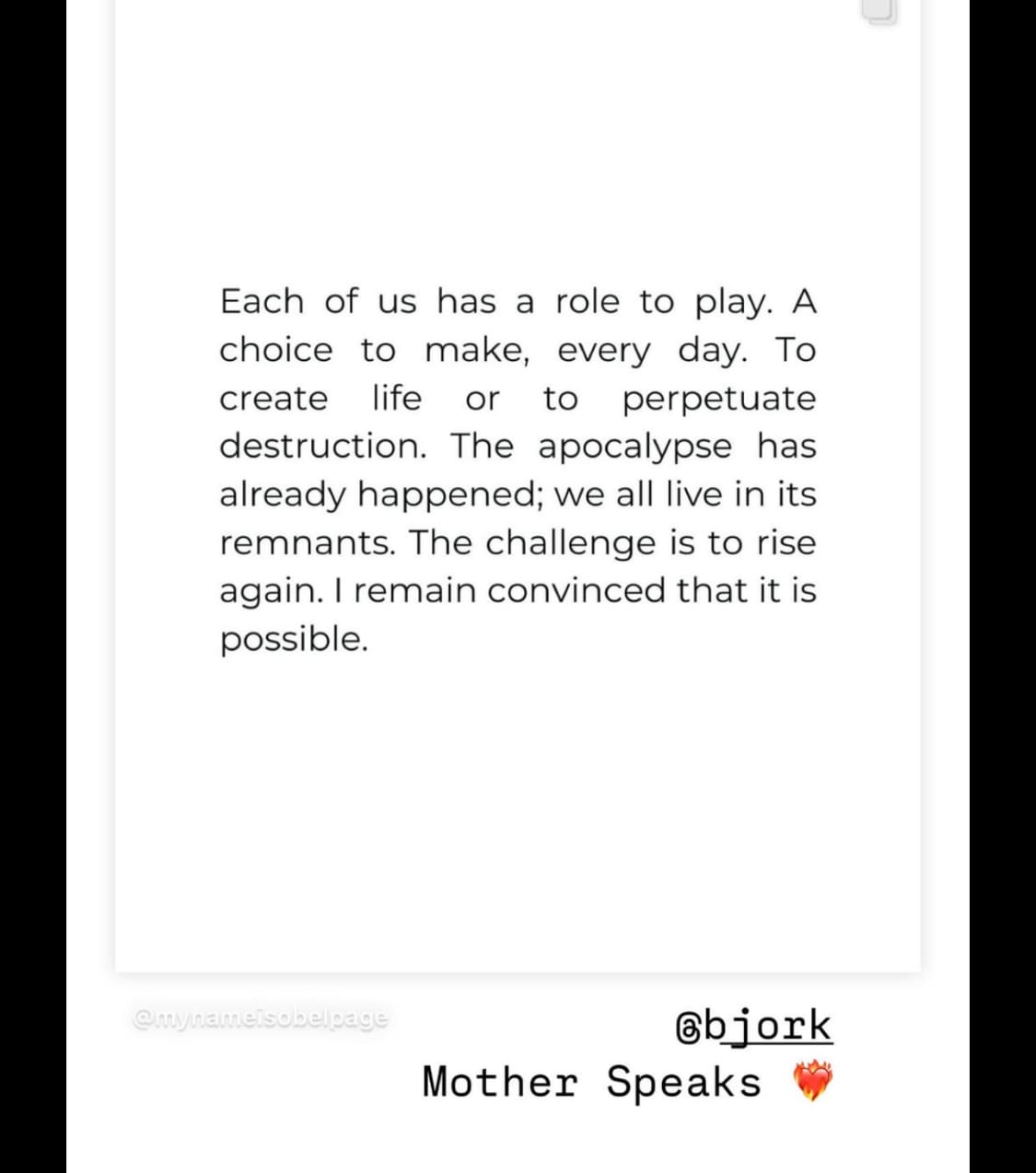
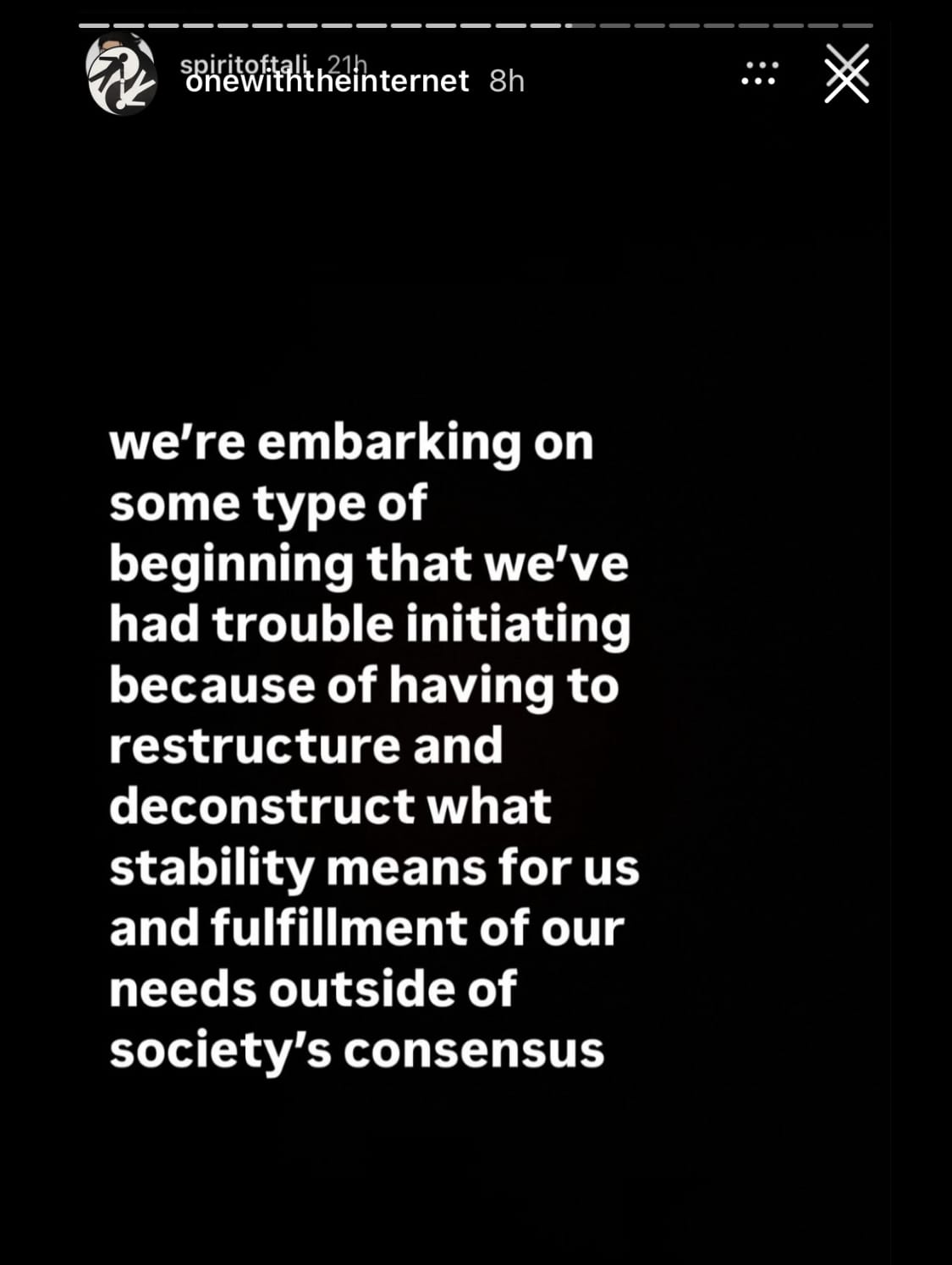
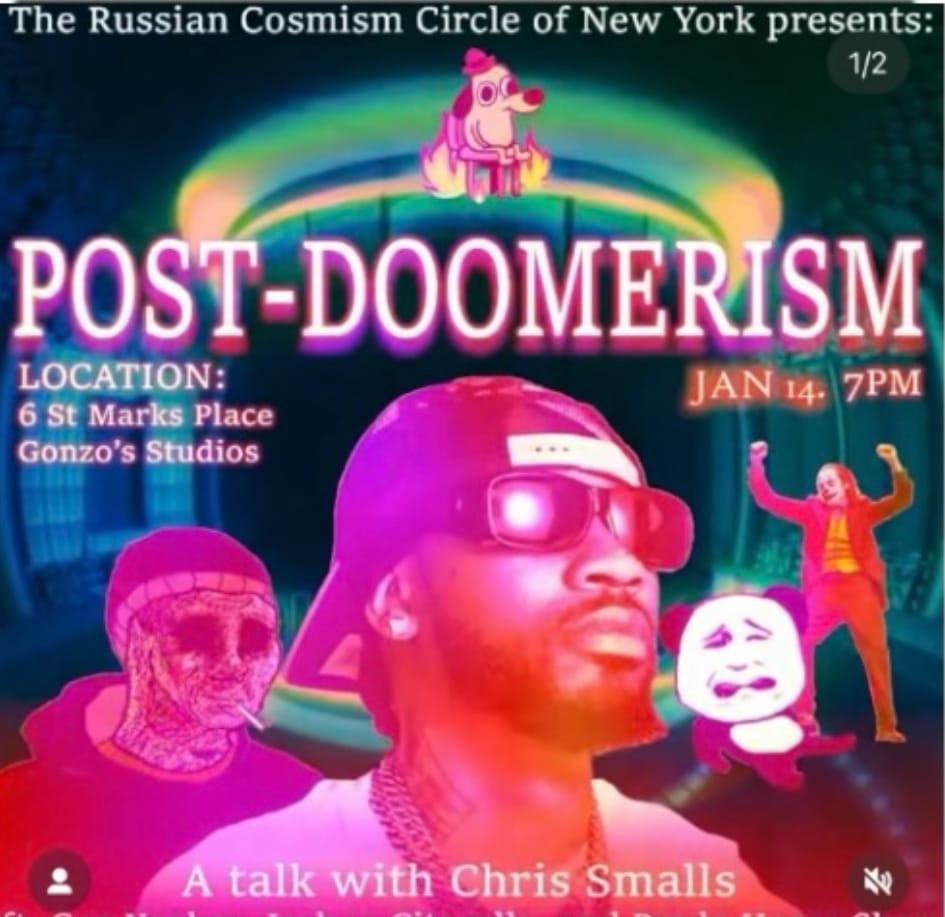

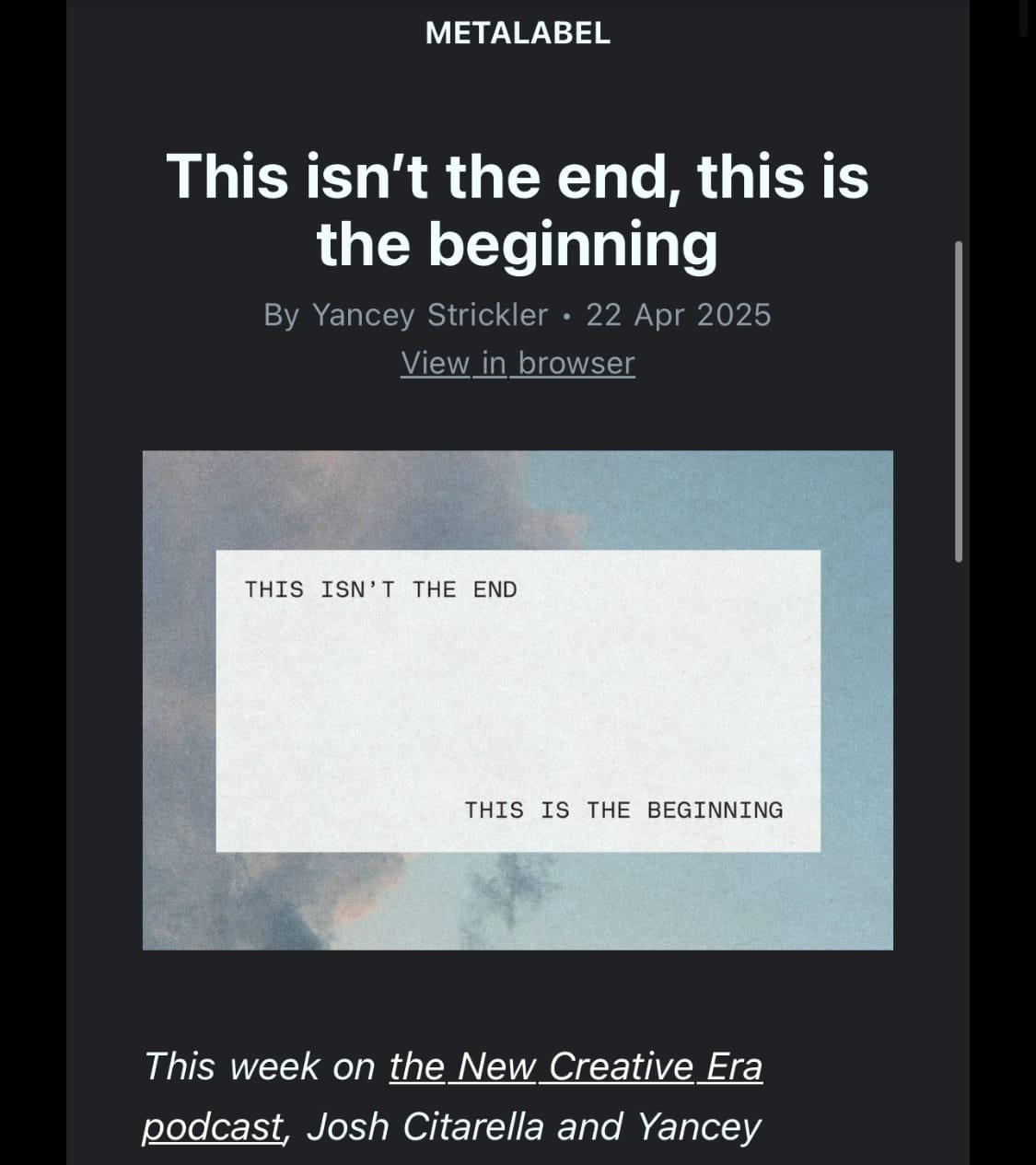
Elizaveta Federmesser
Creative consultant and strategist
I admire the level of hypocrisy in recession memes posted by brands as an indirect advertisement – we’re really reaching new levels of corporate transparency here. In other news, “recession indicators” as your style guide for the uncertain futures is also a fantastic example of how fashion consumption is truly the only publicly accepted exercise in being socially conscious: get ready with me videos will get way less hate than any other content formats. Fashion as premise is perfect for making any agenda frictionless. “I may not be reading news but I am still getting dressed.”
Alexi Gunner
Cultural strategist and founder of Idle Gaze
It’s definitely a collective coping mechanism. But what also feels interesting to me is how the current recession indicator discourse has an intense nostalgic undercurrent to it. The internet is trying to make comparisons between what’s happening today and what happened in culture circa 2005 to 2008, before the impending great financial crisis, as an argument that we’re heading towards another recession. Really, though, I think it’s an opportunity for people to feel sentimental and relive the cultural zeitgeist of that time with rose tinted glasses. We get to relive and recycle LMFAO party rock anthem, Jersey Shore and business casual attire, now detached from the overall pessimism of having to actually live through it. Maybe it feels more fun to glamorise the forced frugality that millennials and Gen Xers had to endure back then – the rise of vintage shopping and reclaimed wood furniture – rather than face the very real frugality and hardship that’s on the horizon.
Charlie Robin Jones
Will the proliferation of “recession indicator” memes make the coming recession more or likely? Does talking about a recession spread the dour outlook that brings one about? Or does a general sense of gloom actually militate against the overconfidence that creates a stock market bubble? I’ll let other, smarter people speak to that.
One thing I can speak to is the experience of a recession – the real one, the Great one, the 2008 one. It was lonely. So, super lonely. Pre-social media, I remember not having enough money for the bus, barely enough for rent, not talking about it with anyone and not connecting the bleak day-to-day with the larger economic collapse. It was just... bleak.
In the years since, I’ve realised those feelings of isolation and withdrawal were actually quite common. If I’d had memes to share back then – some way to put a funny frame around the terrifying scale of the global economy and the experience of wandering Kilburn High Road wondering if I could afford a coffee just to get online – it probably would have helped. So yes, it’s a good thing that people now can laugh at a worrying economic climate, turn stress into memes and feel a bit less alone.
But does that mean that brands should get in on the joke? It's a delicate path to tread. Smaller brands, who might have a more direct connection with their audience and genuine, understandable anxiety about their ability to survive a recession, have a certain latitude to share the gallows humour. Larger brands risk ringing hollow – it’s fine to hear the founder of a small-to-medium fashion firm express their anxiety, as Husbands founder Nicolas Gabard did on a recent episode of Throwing Fits. Less so the social media account of a global footwear giant. Perhaps there’s other, more dignified and genuinely helpful ways companies could prove that they care.
Anonymous
“Bumps not lines.”
| SEED | #8315 |
|---|---|
| DATE | 01.05.25 |
| PLANTED BY | MALENA ROCHE |
| CONTRIBUTORS | AL HASSAN ELWAN, ELIZAVETA FEDERMESSER, ALEXI GUNNER, CHARLIE ROBIN JONES |


